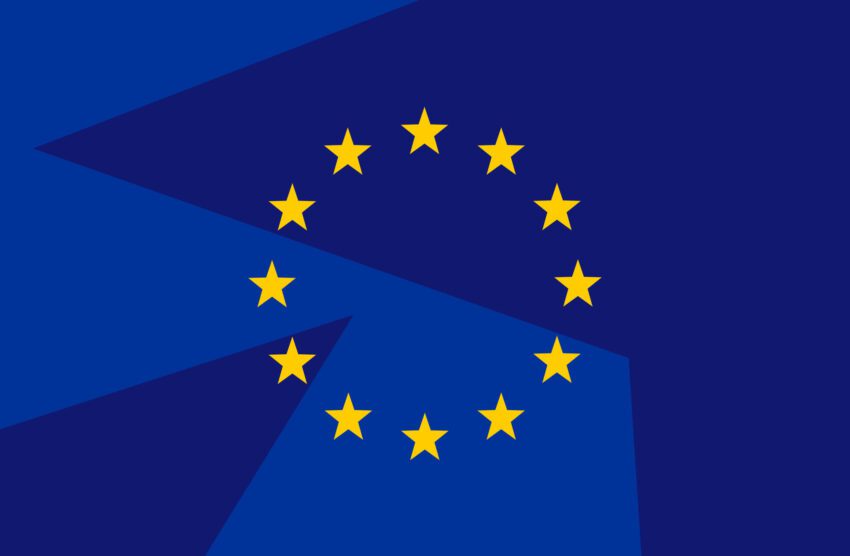
europe is scaling back its landmark privacy In a significant shift, Europe is revising its stringent privacy and artificial intelligence regulations in response to mounting pressure from industry stakeholders and the U.S. government.
europe is scaling back its landmark privacy
Background on Europe’s Regulatory Landscape
For years, Europe has positioned itself as a global leader in tech regulation, particularly with the implementation of the General Data Protection Regulation (GDPR) in 2018. The GDPR set a high standard for data privacy, influencing legislation worldwide. It aimed to protect individuals’ personal data and ensure that companies handle this data responsibly. The regulation introduced strict requirements for obtaining consent, transparency in data usage, and hefty fines for non-compliance.
In parallel, the European Union (EU) has been working on the AI Act, which is designed to regulate artificial intelligence technologies based on their risk levels. The AI Act categorizes AI applications into different risk tiers, with high-risk systems facing the most stringent requirements. This regulatory framework was intended to ensure that AI technologies are developed and deployed safely, ethically, and in a manner that respects fundamental rights.
Recent Developments in Regulatory Changes
However, recent proposals from the European Commission signal a departure from this rigorous regulatory approach. Under the new proposals, key elements of the GDPR are being modified to facilitate easier data sharing among companies. This includes provisions that allow companies to use anonymized and pseudonymized datasets more freely. The changes aim to foster innovation and economic growth by reducing bureaucratic hurdles that have been perceived as stifling for businesses, particularly startups and small enterprises.
Modifications to the GDPR
One of the most notable changes is the simplification of cookie consent requirements. The infamous cookie pop-ups that have become a staple of the online experience may soon be less burdensome. The new proposal suggests that certain “non-risk” cookies will no longer require user consent, thereby streamlining the user experience. Additionally, users will have the option to manage cookie settings through centralized browser controls, allowing for broader management across multiple websites.
This shift is likely to be welcomed by both consumers and businesses. For users, it could mean a less cluttered browsing experience, while companies may benefit from reduced friction in obtaining consent for data usage.
AI Act Adjustments
The proposed changes also extend to the AI Act, which was initially set to come into force in 2024. The modifications will delay the implementation of regulations concerning high-risk AI systems. These systems, which pose significant risks to health, safety, or fundamental rights, will now have an extended grace period before compliance becomes mandatory. The rationale behind this delay is to ensure that the necessary standards and support tools are available for AI companies to meet the requirements.
This adjustment has raised concerns among advocates for responsible AI development. Critics argue that delaying these regulations could lead to a lack of oversight in a rapidly evolving technological landscape, potentially compromising safety and ethical standards.
Implications for Businesses and Innovation
The European Commission has framed these changes as a means to foster innovation and economic growth. Henna Virkkunen, the executive vice-president for tech sovereignty at the European Commission, emphasized the need to cut red tape and simplify EU laws to create a more conducive environment for businesses. She stated, “We have all the ingredients in the EU to succeed. But our companies, especially our start-ups and small businesses, are often held back by layers of rigid rules.”
By easing restrictions, the Commission aims to open access to data and introduce a common European Business Wallet, which could facilitate transactions and interactions among businesses. This approach is intended to strike a balance between protecting users’ fundamental rights and enabling technological advancement.
Stakeholder Reactions
Despite the Commission’s intentions, the proposed changes have not been met with universal approval. Civil rights groups and privacy advocates have voiced strong opposition, arguing that the revisions weaken essential protections that the GDPR was designed to uphold. Leaked drafts of the proposals have already sparked outrage, with critics accusing the Commission of capitulating to pressure from large tech companies.
Political reactions have also been mixed. Some politicians have expressed concern that the changes could undermine the EU’s position as a leader in data protection and ethical AI development. The GDPR is often viewed as a cornerstone of Europe’s tech strategy, and any perceived weakening of its provisions could have long-term implications for the EU’s regulatory credibility.
Pressure from Industry and Political Figures
The decision to revise these regulations follows months of lobbying from major tech companies and influential political figures. High-profile individuals, including former Italian Prime Minister Mario Draghi, have urged the EU to relax its regulatory framework to enhance competitiveness. The pressure has been particularly intense from the U.S. government, which has expressed concerns that stringent European regulations could hinder transatlantic trade and collaboration in technology.
The European Commission has attempted to frame the changes as a simplification rather than a weakening of tech laws. This narrative aims to alleviate fears among stakeholders that the EU’s stringent regulatory approach is hampering its ability to compete on a global scale. With the AI landscape dominated by U.S. and Chinese companies, such as Google and OpenAI, the EU is keenly aware of the need to foster a more competitive environment for its own tech firms.
Future Outlook
The proposed overhaul of the GDPR and AI Act is now set to undergo scrutiny in the European Parliament and among the EU’s 27 member states. This legislative process will require a qualified majority for approval, and it could take several months to finalize. During this time, stakeholders will likely continue to voice their opinions, and further amendments may be introduced.
As the debate unfolds, the implications of these changes will be closely monitored. The balance between fostering innovation and protecting individual rights remains a contentious issue, and the outcome of this legislative process could set a precedent for future regulatory approaches in Europe and beyond.
Conclusion
Europe’s decision to revise its landmark privacy and AI laws marks a pivotal moment in the ongoing dialogue about technology regulation. While the proposed changes aim to stimulate economic growth and innovation, they also raise critical questions about the protection of individual rights and ethical standards in the rapidly evolving tech landscape. As the legislative process moves forward, the stakes are high for both businesses and consumers, and the outcome will undoubtedly shape the future of technology regulation in Europe.
Source: Original report
Was this helpful?
Last Modified: November 19, 2025 at 7:39 pm
3 views















